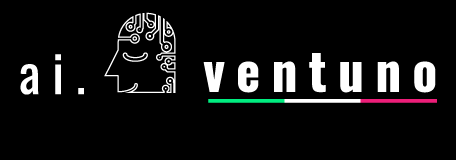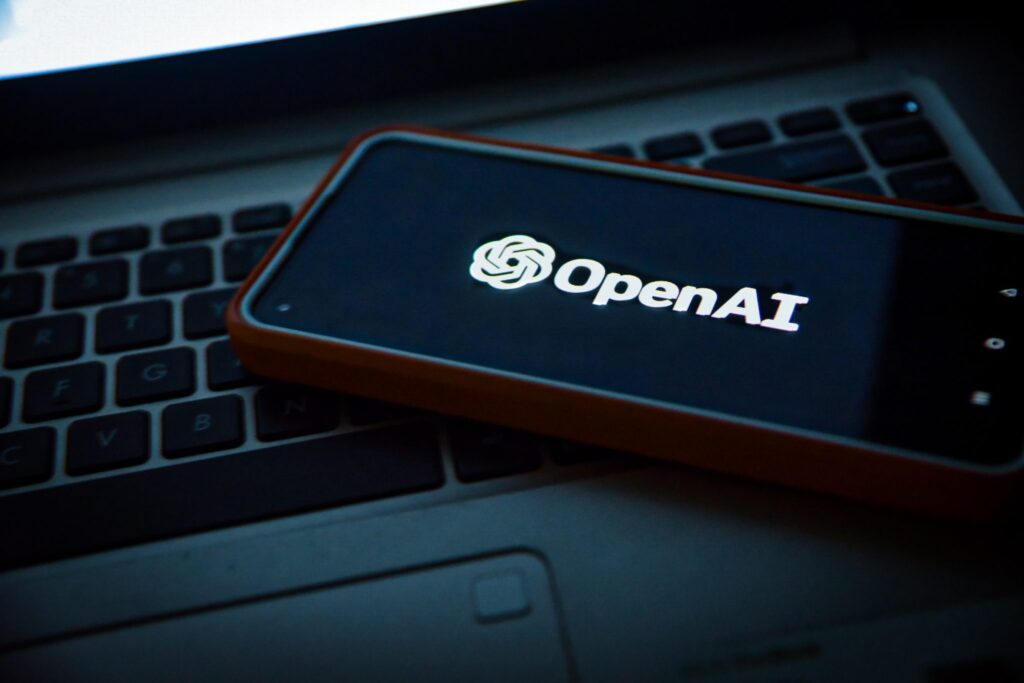Embracing the Inescapable: Copyrighted Data and AI Training
In the perpetually transforming domain of artificial intelligence (AI), a singular challenge looms conspicuously – the utilization of copyrighted data for the purpose of training. As we immerse ourselves in the sphere of AI evolution, the intricacies associated with managing copyrighted content become progressively conspicuous. This piece endeavors to scrutinize the subtleties of this challenge and illuminate strategies for adept navigation.
The Dilemma of Copyright in AI
Understanding the Inevitability
AI algorithms thrive on vast datasets to enhance their cognitive abilities. However, developers face a dilemma due to the widespread use of copyrighted data. The very nature of AI training requires a diverse array of information, frequently including copyrighted material that is deemed ‘impossible’ to avoid.
Traversing Legal Complexities
Developers and AI practitioners find themselves at the crossroads of ingenuity and legal intricacies. The incorporation of copyrighted data raises inquiries about intellectual property rights and fair use. Achieving equilibrium between pushing the boundaries of AI progress and respecting copyright regulations is imperative.
The Impact on AI Training
Augmenting Algorithmic Cognition
Despite its legal ramifications, copyrighted data plays a pivotal role in augmenting the cognitive capabilities of AI algorithms. The opulence and diversity introduced by such data significantly contribute to the algorithm’s proficiency in discerning patterns, making predictions, and adapting to dynamic scenarios.
Ethical Deliberations
As the AI community grapples with the incorporation of copyrighted data, ethical deliberations take center stage. Striking a harmonious balance between technological advancement and ethical obligations is crucial. AI developers must proceed with caution, ensuring that the advantages derived from copyrighted data are weighed against potential ethical concerns.
Strategies for Prudent AI Advancement
Harnessing Open-Source Alternatives
One avenue to alleviate the challenges linked to copyrighted data is to exploit open-source alternatives. Embracing freely accessible datasets empowers developers to circumvent copyright issues while still furnishing valuable information for AI training.
Collaboration and Transparency
Fostering collaboration and transparency within the AI community holds paramount importance. Establishing guidelines for judicious data usage and sharing best practices can cultivate an environment where developers collaborate to surmount the hurdles presented by copyrighted material.
Transitioning Towards a Resolution
A Plea for Industry Discourse
The intricate interplay between AI development and copyrighted data mandates a more extensive industry discourse. Engaging stakeholders, including legal scholars, ethicists, and developers, in meaningful dialogues can pave the way for formulating clearer guidelines and standards.
Technological Advancements
Investing in technological innovations that facilitate effective anonymization and de-identification of copyrighted data emerges as a promising path. Achieving equilibrium between data utility and privacy concerns is pivotal for the sustainable progression of AI technology.
Conclusion
In the ever-evolving field of AI, the challenge presented by copyrighted data in training sets the scene for a crucial conversation. As we navigate this intricate landscape, fostering a cooperative mindset, taking ethical considerations into account, and leveraging technological advancements become essential steps to unlock the true potential of AI while adhering to the confines of copyright regulations. Embracing these principles will undoubtedly shape a future where AI thrives responsibly and ethically.
We answer your questions
What is Copyrighted Data in the context of AI training?
Copyrighted Data in AI training refers to any dataset that contains information protected by copyright law. This could include text, images, audio, or any other content that is subject to intellectual property rights. When using such data in AI training, it’s crucial to be aware of and respect the copyrights associated with the materials.
Can I use Copyrighted Data for training my AI model?
The use of Copyrighted Data for AI training depends on the terms and conditions set by the copyright holder. In many cases, explicit permission is required to use such data for training purposes. It’s essential to review and comply with the licensing agreements or seek proper authorization before incorporating copyrighted materials into your AI training datasets.
How can I determine if a dataset contains Copyrighted Data?
To identify Copyrighted Data in a dataset, carefully review the dataset documentation and any associated licensing information. Look for explicit statements regarding copyright ownership and usage rights. Additionally, consider using specialized tools or consulting legal experts to ensure a comprehensive understanding of the dataset’s copyright status.
What are the consequences of using Copyrighted Data without permission in AI training?
Using Copyrighted Data without proper authorization can lead to legal consequences, including copyright infringement claims. This may result in legal actions, fines, or other penalties. To avoid such issues, it is crucial to obtain the necessary permissions, licenses, or use only datasets with clear and permissive licensing terms.
Are there alternative sources for AI training data that are copyright-free?
Yes, there are alternative sources for AI training data that are copyright-free or have permissive licensing. Open datasets, creative commons-licensed materials, and public domain datasets are examples of sources that can be used without worrying about copyright restrictions. Always ensure that you adhere to the specific terms outlined in the licensing agreements for each dataset to stay compliant with copyright laws.


